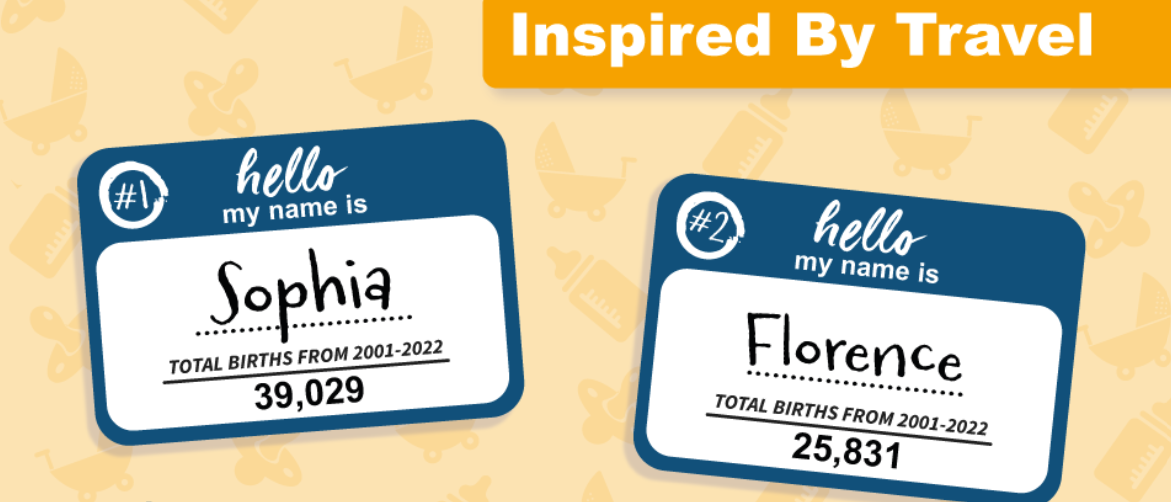Now that the UK has left the European Union many pet owners will be asking is how it affects travelling with their dog or cat.
We’ve put together this guide which should help clarify the ins and outs of travelling with your pet after Brexit, whether we secure a deal or not.

What Happens to the UK When We Leave the EU?
When we leave the European Union, the UK will become a third country.
According to the EU Pet Travel Scheme, there are three kinds of third country:
- Part 1 Listed
- Part 2 Listed
- Unlisted
Pet travel requirements are directly affected depending on what category of third country we become.
What If We Become a Part 1 Listed Country?
Part 1 listed third countries operate under the current EU Pet Travel Scheme, so not a lot will change. However, you will need to get a new UK pet passport, which can be used for your pet’s entire life or until the passport is full.
If we become a Part 1 listed country, you will need to get your pet microchipped and vaccinated against rabies at least three weeks before you go away. You must also ensure that the vaccinations are kept up-to-date, and if you have a dog make sure it has had tapeworm treatment where necessary.

What If We Become a Part 2 Listed Country?
If the UK becomes a Part 2 listed country, you will need to secure a new animal health certificate for each trip to the EU, and once you arrive you will be required to enter through a designated TPE.
Much like a Part 1 listed country, you must have your pet microchipped and vaccinated against rabies at least three weeks before you go away. You must also ensure that the vaccinations are kept up-to-date, and if you have a dog make sure it has tapeworm treatment where necessary.
In addition, you’ll need to visit an official vet no more than 10 days before you travel to get an animal health certificate that confirms your pet is microchipped and vaccinated. You may be asked to present this once you reach the TPE.
What’s an Official Vet?
An official vet is one which is authorised to inspect and certify animals for travel.
Most practices will have one on their team, so your first move should be to speak with your regular vet.
More information on official vets can be found on the government website.

What If There’s No Deal?
If we leave the EU without a deal, the UK will more than likely be treated as an unlisted country.
If this is the case and your current pet passport becomes invalid, you will need to take the following steps, obtained from the UK Government’s official website:
- You must have your dog, cat or ferret microchipped and vaccinated against rabies before it can travel. Your pet must have a blood sample taken at least 30 days after its last rabies vaccination (whether that’s a booster or initial vaccination). Your vet may recommend a booster rabies vaccination before this test.
- Your vet must send the blood sample to an EU-approved blood testing laboratory.
- The results of the blood test must show a rabies antibody level of at least 0.5 IU/ml.
- You must wait 3 months from the date the successful blood sample was taken before you can travel.
- The vet must give you a copy of the test results and enter the day the blood sample was taken in an animal health certificate.
However, it is possible that even if your pet is up-to-date with their rabies vaccinations, the blood tests still don’t pass. If this is the case, you will have to get a repeat vaccination, followed by another blood test, which should be taken a minimum of 30 days after the vaccination.
In addition, if you’re travelling to Finland, Malta and the Republic of Ireland (tapeworm-free countries), your dog must be treated for tapeworm 1 to 5 days before your arrival.
You must also take your pet to an official vet, as mentioned above, no more than 10 days before you travel to get an animal health certificate.

The official vet will need to see evidence of your pet’s vaccination history, microchipping date and a successful blood test.
If you manage to secure a health certificate, it will be valid for 10 days after the date of issue for entry into the EU. It will also be valid for four months of onward travel within the EU and for re-entry back into the UK.
When you reach the EU, you will have to enter through the TPE, and you may need to present evidence of your pet’s microchip, vaccination, blood test results, health certificate and tapeworm treatment (where applicable).
What If I Return to the EU With My Pet?
If your pet had a successful blood test the first time round, and they’re up-to-date with their vaccinations, they won’t need another blood test.
However, they will need a new health certificate for each trip, meaning you’ll have to report to an official vet and follow the steps above.





